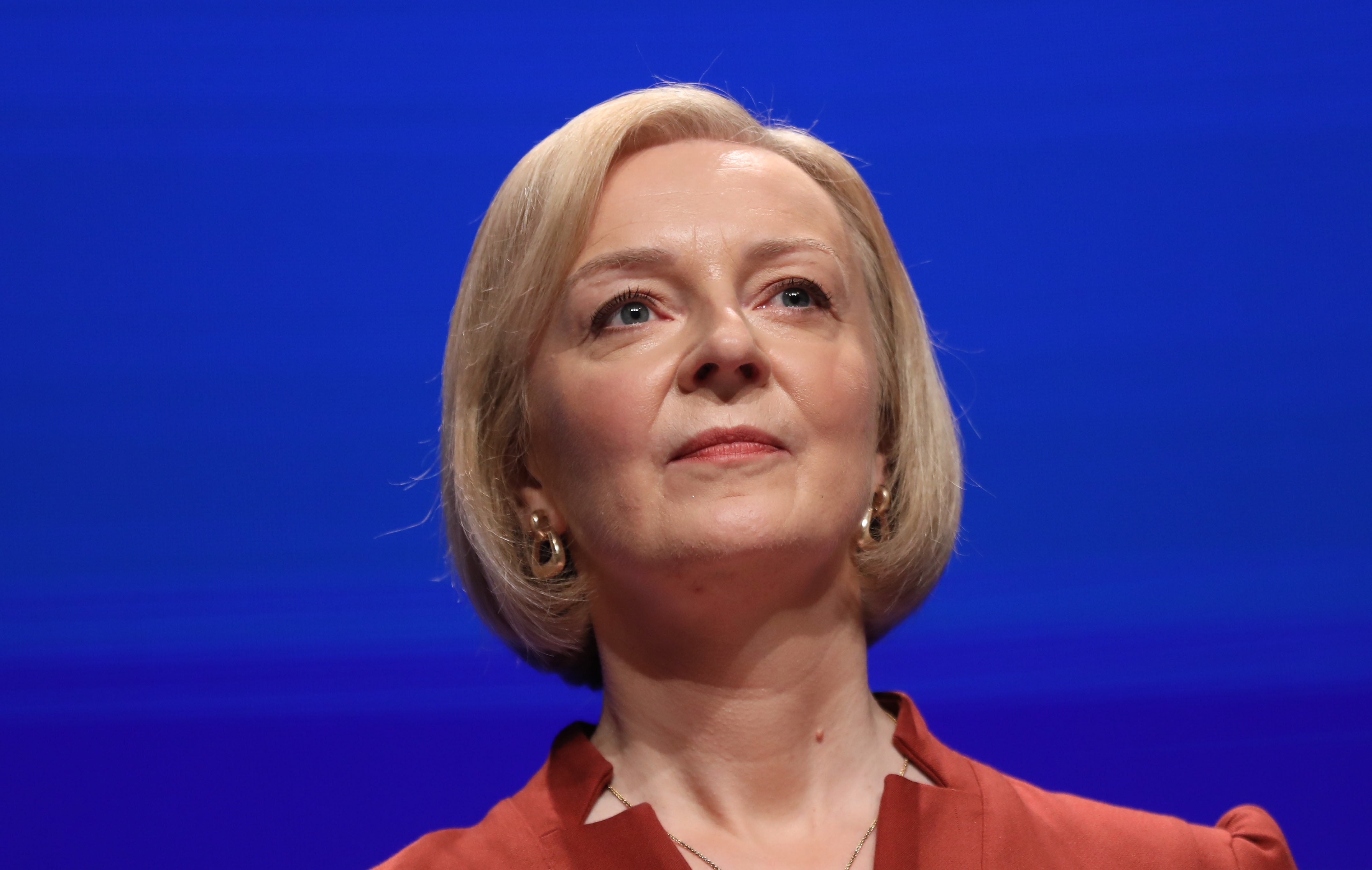Ordinary people are paying the price for this government’s economic incompetence
Editorial: The task of any government is to minimise the adverse impact of global forces, and to encourage its people and companies to be in the best possible shape to withstand them

The UK needs a rational, orderly government rather than an ideological one. To judge by the catastrophic first four weeks of Liz Truss’s premiership, it is almost impossible to see any set of circumstances in which she and her ministers can provide that.
The mini-Budget of her chancellor, Kwasi Kwarteng, was a disaster, provoking a run on the pound and on government stock. The result is that her government will have to pay even higher rates on the national debt than would otherwise be the case, and all borrowers in sterling – homebuyers and businesses alike – will have to pay more on their borrowings, too.
The party conference last week was another disaster, with the prime minister unable to recognise that her ideological approach, while supported by some Tory stalwarts, is electoral poison. Usually, a new prime minister and their team get a honeymoon period when they take up office. In Truss’s case, if that happened at all, it barely lasted a week.
It will get worse. Parliament resumes on Tuesday. As our chief political commentator John Rentoul observes, the plots against the PM by her backbenchers will continue in earnest, while the financial markets will have to cope with the ending of the Bank of England’s support for the gilt market on Friday. The latter event threatens to yield yet another step up in the long-term interest rate on government debt, and as a result a further increase in the cost of longer-term fixed-rate mortgages.
This combination of political and financial pressure will exert a pincer movement on the government’s plans for the public finances. On the one hand, there is huge political pressure to relax any plans to curb benefits in order to pay for tax cuts, and on the other there is equally massive pressure not to allow the fiscal deficit to soar out of control.
The chancellor received the initial verdict on the proposed tax changes from the Office for Budget Responsibility last Friday. The findings of the OBR are for the chancellor’s private guidance, as a background to the more substantial financial package to be announced on 23 November – though the full Budget will not take place until spring next year. But it is hard to see how they could be substantially different from the calculations made by the independent Institute for Fiscal Studies. Tax cuts or not, the UK government’s fiscal position is deteriorating fast.
To keep up to speed with all the latest opinions and comment, sign up to our free weekly Voices Dispatches newsletter by clicking here
There are many things that are beyond the control of Downing Street, including global energy prices, a climb in interest rates worldwide, and a recession that seems likely to spread across Europe and perhaps also the US this winter. But the task of any government is to minimise the adverse impact of global forces, and to encourage its people and companies to be in the best possible shape to withstand them. This requires calm, order, and competence.
Alas, the new government has almost perversely set out to be neither calm nor orderly, and its incompetence has been exposed with its cack-handed fiscal plans. Voters are not fools. In political terms, this is a disaster for Truss’s government and for the Tory party. Her own position is under grave threat. But the party has a majority of more than 70 in the House of Commons, and there is no requirement to call a general election for a further two years. So in economic terms, unless there is a radical reversal of policy, it is also an economic disaster for the UK as a whole.
Any positive ideas the government might have as to how the economy could be run more successfully are being swept aside by its own unforced errors. The crying shame is that ordinary people are having to pay the price.
Join our commenting forum
Join thought-provoking conversations, follow other Independent readers and see their replies
Comments
Bookmark popover
Removed from bookmarks